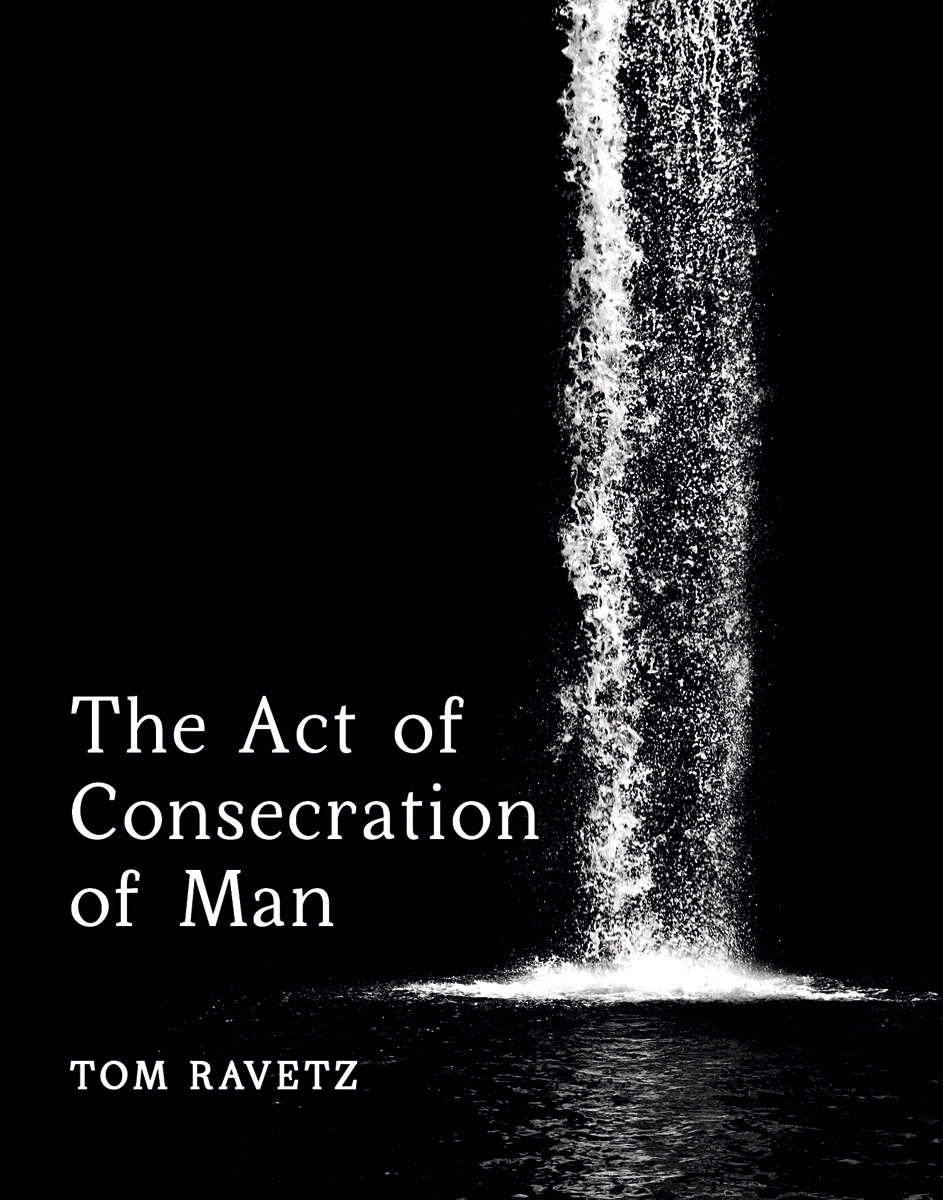Inside ‘The Act of Consecration of Man’
by Floris Books • 17 August 2020 • Extract, The Christian Community • 0 Comments

The Act of Consecration of Man is the communion service of The Christian Community. In this fascinating book, The Act of Consecration of Man, Tom Ravetz, the Lenker of The Christian Community in Great Britain and Ireland, weaves together contemplations inspired by Rudolf Steiner with insightful commentary on the meaning and purpose of the ritual itself.
Here, we share an extract from the book where Ravetz explores the power of the word.
Christ in you!
Eight times during the Act of Consecration of Man, the celebrant turns around, makes a gesture of blessing and speaks to the congregation: ‘Christ in you!’ If we have started to experience that our inner word accompanies and echoes the words that we hear outwardly, these moments have a particular intensity. We echo inwardly the words that address us directly. The circle is completed when the congregation finds its outer voice after these words of blessing are spoken, and the server replies: ‘And may he fill your spirit!’
At the basis of human community is our ability to share with each other what moves our souls. In modern times we have become accustomed to the definition of man as homo sapiens, the ‘wise man’. Perhaps it is no surprise that this definition emerged in the time of the Enlightenment, when the lonely researcher in his study was regarded as the epitome of human progress. But knowledge without communication achieves nothing. It is our capacity to speak that makes community; this could be called homo loquens. This experience inspired the ancient mysteries of the word or logos, which later flowed into the logos-philosophy that grew up in the centuries before Christ.

Speaking gives our mobile thoughts form: a fleeting incarnation into a body of vibrating, moist air. Once someone has heard our thoughts, the thoughts exist independently of us. This everyday experience can serve to give us a picture of the divine logos, the primal principle of creation. Before the world was, the logos lived as thought in the mind of God. The whole of creation – the amazing variety of living beings, the unfathomable depths of the starry worlds, all the facets of human experience – existed as potential, as the unspoken word in the mind of God. Creation is the moment when thought becomes word: ‘And God said, let there be light!’ Everything that we see around us is a divine thought, which has taken on form in creation. In creating, the divine limits itself: only a part of the divine potential can be realised in the creation of the world.

The philosophers of antiquity regarded man as the third step of the logos into the world. Human beings bear the word as a seed within themselves. Our capacity for thought to understand the world comes from the same word-power.
We have already seen how the approach of the logos towards the earth is recapitulated every Christmas. The word is revealed as the light of grace in the midnight service; at dawn it touches us as the ‘creator’s healing word’. In the morning we hear the message that the logos has become man as Jesus Christ.

‘Christ in you!’ Is this sentence a statement or a wish? ‘Christ is in you’ or ‘may Christ be in you’? The fact that we can hear and understand these words rests on the power of the word within us. However, this word is not a voice that is constantly telling us what to do. Our lives would be quite different if we were always guided by the divine seed-word within us. To be human means to endure the tension between what we are and what we could be. The logos is waiting to be brought to life within us. In the Christ blessing, the word become man calls to the seed-word within us to new life. When the congregation finds its voice and replies through the server: ‘And may he fill your spirit!’ we witness the first fruits of this new life.
We hope you’ve enjoyed this extract. Find out more about the book here. You might also be interested in the following books by the same author. Click the links in the description below to find out more about them:
The Incarnation: Finding Our True Self Through Christ – Discusses one of the central mysteries of Christianity, ‘God become human’ and relates it to our lives today.
Free From Dogma: Theologial Reflections in The Christian Community – Asks, how does The Christian Community, which doesn’t demand adherence to a doctrine or creed, answer the great spiritual and religious questions?

